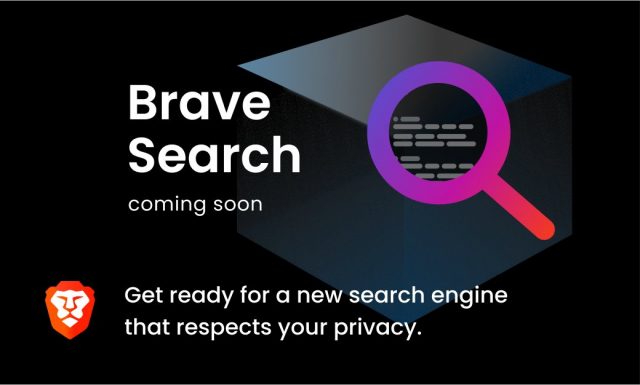
That welfare could encompass the way Google's model causes advertisements to follow us around the internet, or the filter bubble that allows Google to serve search results it believes we're likely to click on, rather than the ones we might actually want. DuckDuckGo's chief executive, Gabriel Weinberg, describes Google's approach as a "surveillance business model", whereby the accumulation of personal data is used to make money through evermore accurately targeted advertising.įormer US assistant attorney general Makan Delrahim says the fact that the product is free does not matter this, he says, is about "consumer welfare". They, along with Brave, would contend that Google's near-monopoly is damaging. Google is the world's most dominant search browser on the internet. Among those are two privacy-focused engines, DuckDuckGo and the French-built Qwant, which both use Bing to deliver results. Discounting country-specific tools such as Baidu in China and Naver in South Korea, smaller search engines are all either powered by Google or Bing. What’s abundantly clear is that the competition is meagre. That allegation forms the basis of a lawsuit filed against the company by the US Department of Justice.

Others allege that Google has used anticompetitive behaviour to force its search engine upon us. The company believes it's a superior product that does its job brilliantly. Opinions differ as to how Google reached its dominant position. The big question is whether we care enough about our privacy to change what has become an instinctive habit: to Google things. Brave Search, as it'll be known, is billed as the "the first private alternative to Google Search", with a completely independent index and a no-snooping guarantee. It believes there's demand for a platform that does not track searches or build profiles of its users.


But Brave, a web browser dedicated to the privacy of users, has announced a plan to do exactly that. So, given Google's massive dominance, you might wonder why anyone would bother launching a competitor. Its nearest competitor, Bing, has a mere 2.6 per cent market share. It may not be quite a monopoly, but the platform handles 92 per cent of the world's search queries.

But when a US court ruled in 2017 that Google could keep its trademark, its reasoning was clear: people don't use "Google" to mean any search engine. Google, however, isn't keen on us doing this after all, history provides many examples of companies that lost trademarks when they lapsed into generic use (aspirin and trampoline among them). That's hardly surprising, given that it's more convenient to say "Google" than "use a search engine", and everyone knows what it means. The word "Google" started out as a proper noun, but it ended up a verb.


 0 kommentar(er)
0 kommentar(er)
